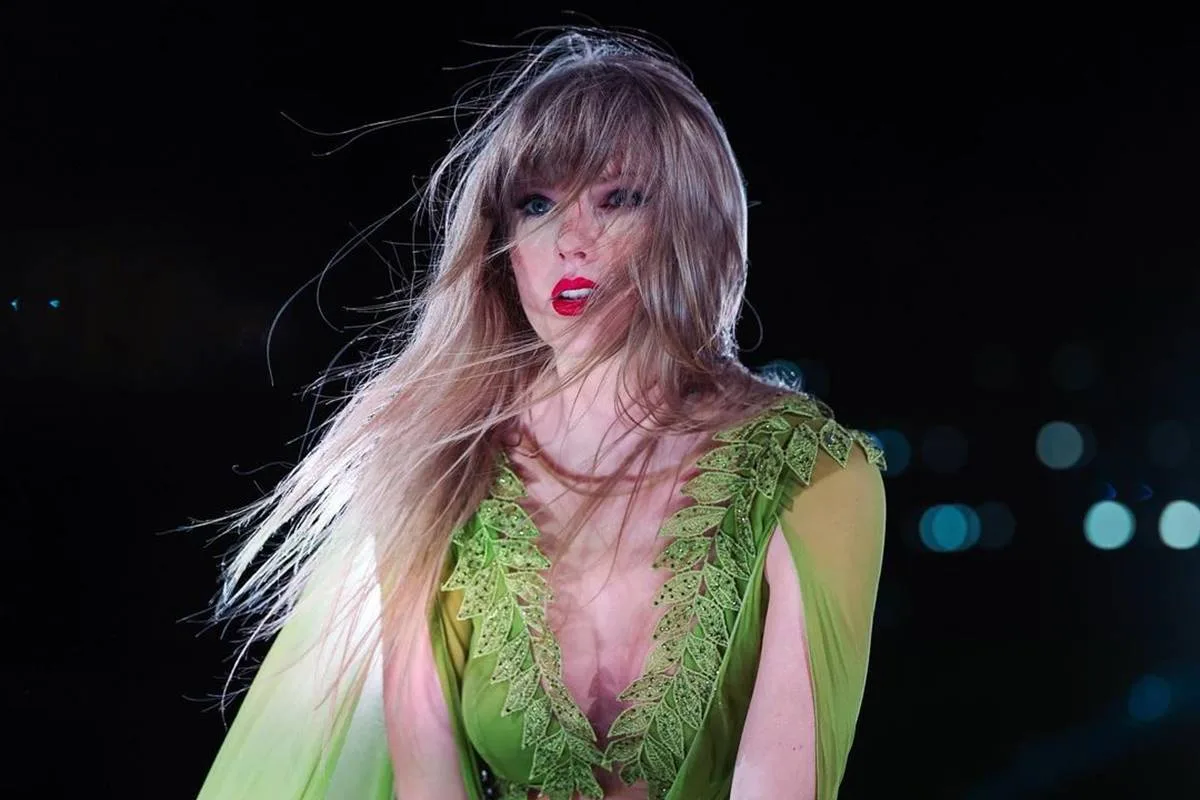Artificial intelligence (AI) is increasingly integrated into various services, with Microsoft actively utilizing generative AI technologies to enrich user experiences with text and images. However, the misuse of AI poses significant challenges, as highlighted by Microsoft’s encounter with inappropriate content generated using their tools.

Microsoft faced a crisis when its Azure Face API was exploited to create deepfake images and videos, including those of celebrities like Taylor Swift. The exploitation stemmed from a security loophole that allowed attackers to manipulate API parameters, enabling the replacement of faces with those of others. To address this, Microsoft promptly released an update to block invalid parameters, although it’s recognized as insufficient against the growing deepfake dilemma.
The proliferation of deepfake technology poses severe threats, with manipulated content commonly used to spread fake news and conduct smear campaigns. In response, Microsoft is actively patching vulnerabilities, while Elon Musk’s X has restricted the platform for Taylor Swift searches to hinder the dissemination of such videos.
The incident underscores the ethical concerns surrounding deepfake content. Sharing explicit material, regardless of its origin, carries serious consequences and ethical implications. It’s imperative for individuals to refrain from creating, sharing, or contributing to the circulation of such content due to its potential harm.








